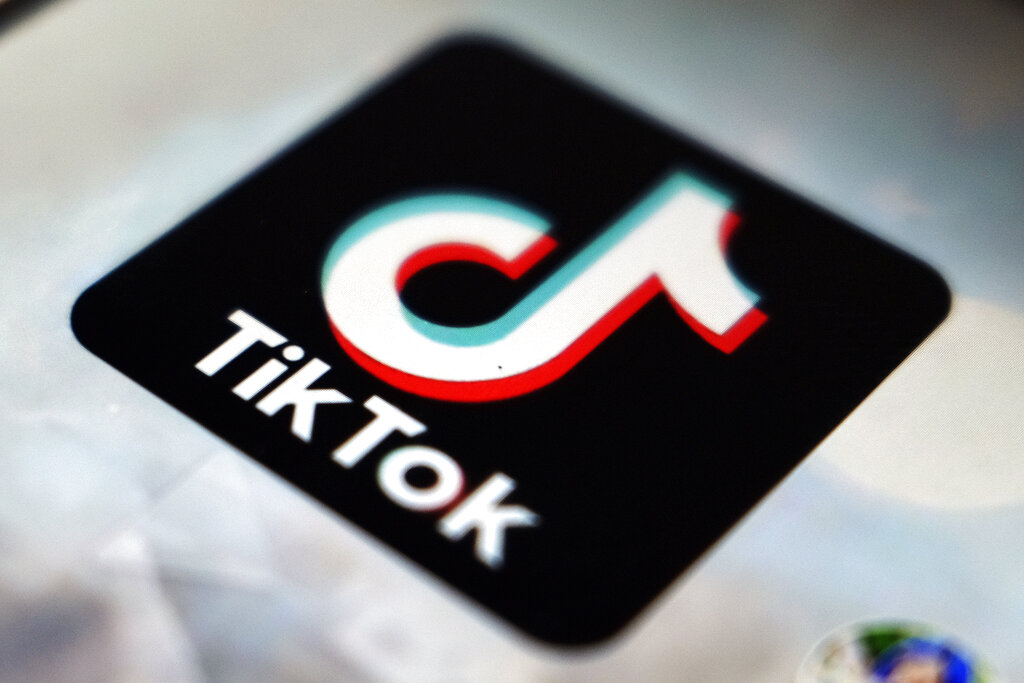NEW YORK (AP) — A federal judge in Texas upheld the state’s TikTok ban on official devices and networks, rejecting a challenge brought by an organization that claimed the restrictions violated the First Amendment.
The lawsuit, filed in July by the Knight First Amendment Institute at Columbia University, had argued the ban on official devices – which extends to public universities – was impeding academic freedom and compromising the ability of professors to teach and do research about the social media app.
The Knight Institute brought the complaint on behalf of Coalition for Independent Technology Research, a group of academics and researchers who study technology’s impact on society. Their lawsuit also cited a member of the group — and a professor at the University of North Texas — who they said couldn’t assign students certain in-class work and had suspended some research projects because of the ban.
In his decision on Dec. 11, Judge Robert L. Pitman of the U.S. District Court for the Western District of Texas, wrote that the state’s ban on official devices is not a restraint on speech and noted that public university faculty – as well as state employees – maintain the right to use TikTok on their personal devices.
Pitman also said that while he agrees the ban prevents certain university faculty from using state-provided devices and networks to do research and teach about TikTok, the ban was also a “reasonable restriction on access to TikTok in light of Texas’s concerns.”
Western governments have expressed worries that the popular social media platform, owned by Beijing-based ByteDance, could put sensitive data in the hands of the communist Chinese government or be used as a tool to spread misinformation. In light of those concerns, dozens of states, Congress and many universities across the country have taken steps to restrict the use of TikTok on official devices.
Jameel Jaffer, the Knight Institute’s executive director who argued for the preliminary injunction before Judge Pitman last month, said in a statement that the decision was disappointing.
“Restricting research and teaching about one of the world’s major communications platforms is not a sensible or constitutionally permissible way of addressing legitimate concerns about TikTok’s data-collection practices,” Jaffer said.
In the decision, Pitman noted the state’s TikTok ban on official devices is narrow compared with efforts in Montana to ban the app statewide. A federal judge blocked Montana’s blanket ban in late November, a month before it was set to take effect. A final ruling will come at a later date.
TikTok did not respond to a request for comment.
The Free Speech Center newsletter offers a digest of First Amendment- and news media-related news every other week. Subscribe for free here: https://bit.ly/3kG9uiJ

